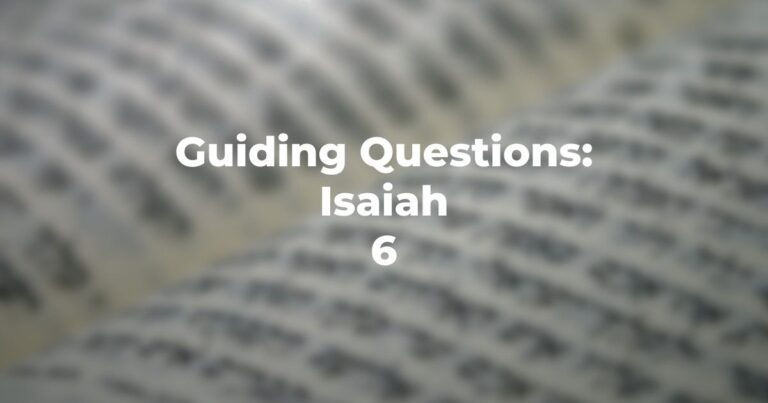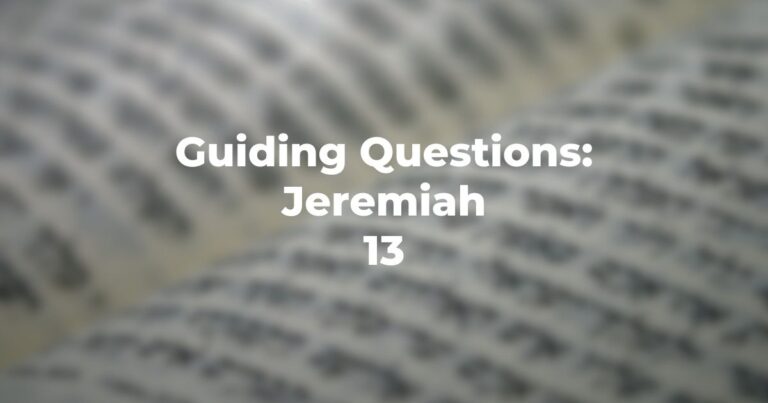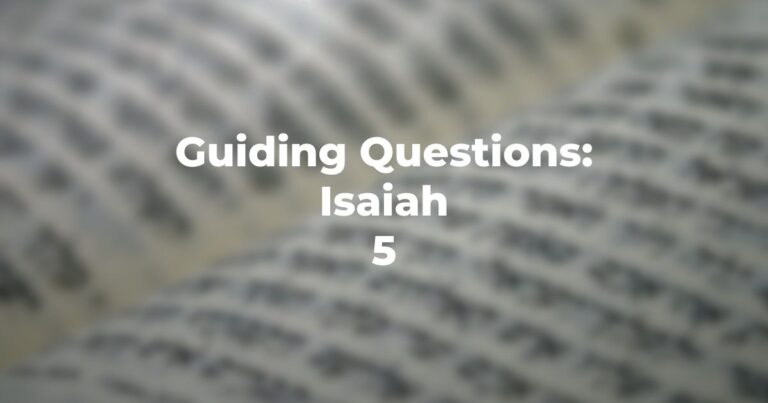- Job 13 continues Job’s response begun in Job 12. Why does he repeat in Job 13:1-2 the jibe he uttered at the beginning of the previous chapter?
- How does Job sharpen his attack on his friends (Job 13:4-5)? Why does he insist on their silence?
- What does Job mean by speaking unjustly on God’s behalf and speaking deceitfully for Him (Job 13:7)?
- What is God’s response to such behavior (Job 13:9-12)? In what setting does Job envision God’s confrontation with his friends?
- What does Job anticipate as he is about to challenge God (Job 13:14-15)?
- JPS notes that Job 13:15 (which is oft-quoted) can be translated at least two ways. A recent translation reads: “Let Him kill me — I will never flinch” (Scheindlin). Which rendering makes the most sense in this context?
- Why is Job confident that he can confront God (Job 13:16)?
- Job approaches God boldly (Job 13:18) but how does he seem to temper his audacity (Job 13:20-21)?
- What is Job’s main challenge to God (Job 13:23-24)?
- Explain the following metaphors: a driven leaf (Job 13:25); dried straw (Job 13:25); feet in the stocks (Job 13:27); a garment eaten by moths (Job 13:28).
Author
-

Exploring Judaism is the digital home for Conservative/Masorti Judaism, embracing the beauty and complexity of Judaism, and our personal search for meaning, learning, and connecting. Our goal is to create content based on three core framing: Meaning-Making (Why?), Practical Living (How?), and Explainers (What?).
View all posts





